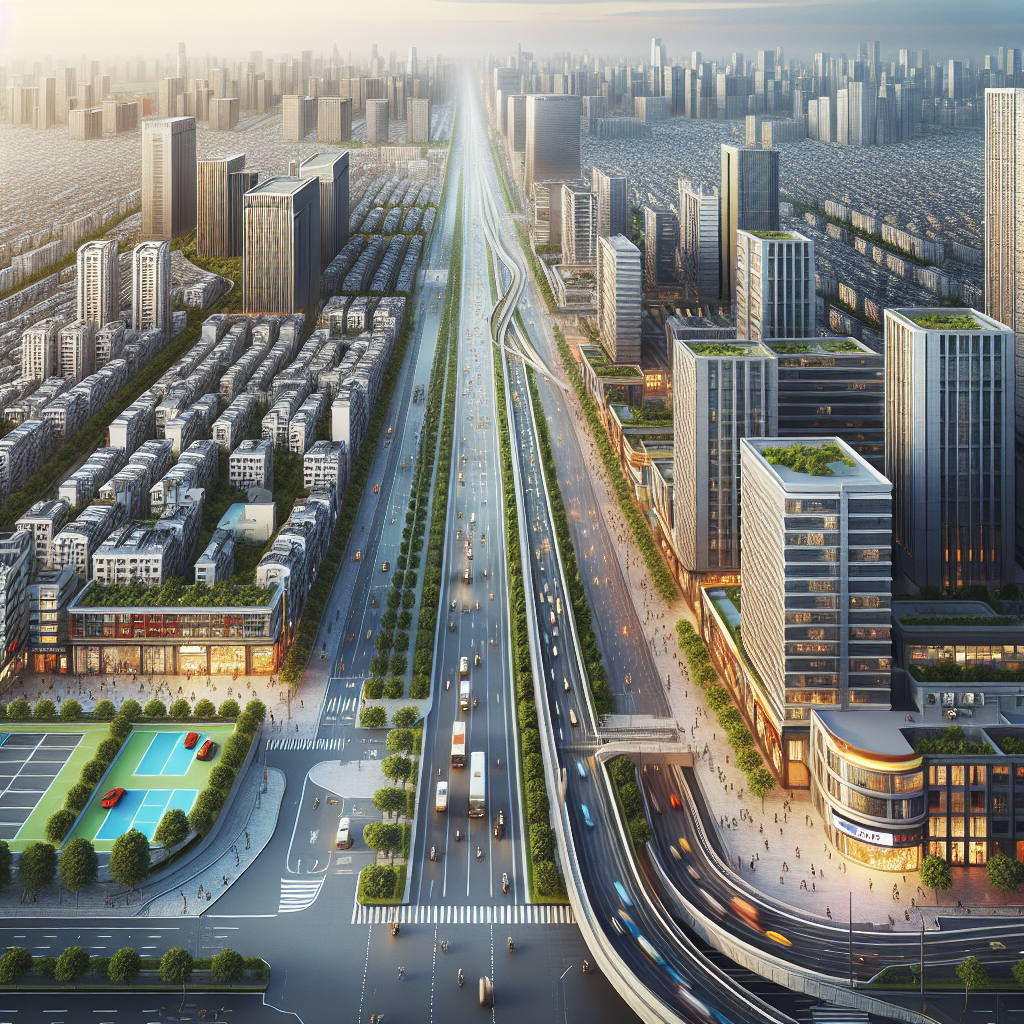ADB Approves $125m Loan to Boost Urban Services and Climate Resilience in Assam
The project represents a significant step toward India’s broader urban agenda of turning cities into engines of economic growth.

- Country:
- India
The Asian Development Bank (ADB) has approved a $125 million loan to transform urban infrastructure and strengthen climate resilience in the Indian state of Assam. The initiative, known as the Assam Urban Sector Development Project, is designed to improve the quality of life for an estimated 360,000 residents across six district headquarters and Guwahati, the state’s largest city.
Advancing India’s Urban Transformation
The project represents a significant step toward India’s broader urban agenda of turning cities into engines of economic growth. It combines infrastructure upgrades with governance reforms and institutional capacity building.
“This transformative project will not only improve basic urban services but also empower communities, especially women and disadvantaged groups, through inclusive climate-resilient infrastructure and digital governance in Assam,” said Mio Oka, ADB Country Director for India. “By investing in climate-resilient systems and urban reforms, Assam is setting a benchmark for sustainable urban development in India.”
Major Infrastructure Investments
At the heart of the project are large-scale investments to modernize Assam’s water supply and drainage systems:
-
Six new water treatment plants with a combined capacity of 72 million liters per day.
-
800 kilometers of water distribution pipelines across district headquarters in Barpeta, Bongaigaon, Dhubri, Goalpara, Golaghat, and Nalbari.
-
A real-time monitoring system to reduce nonrevenue water losses to below 20%, ensuring efficient delivery and sustainable use of resources.
In Guwahati, a city prone to seasonal flooding, the project will enhance stormwater management in the Bahini Basin. Planned interventions include flood diversion channels, upgraded drainage systems, and a nature-based retention pond designed to reduce flood discharge while also improving groundwater recharge.
Governance, Digitalization, and Training
Beyond physical infrastructure, the project emphasizes long-term sustainability through governance reforms and digital innovation:
-
Establishment of the Assam State Institute for Urban Development, in collaboration with the Indian Institute of Technology (IIT) Guwahati, to provide policy guidance, training, and research.
-
Introduction of a GIS-based property tax database, digital water billing systems, and a volumetric water tariff structure across project towns. These reforms aim to improve financial sustainability and ensure fair, efficient service delivery.
Empowering Women and Communities
Social inclusion is a cornerstone of the initiative. The project incorporates activities specifically targeting women, youth, and marginalized groups:
-
Training for women’s self-help groups in water operations and maintenance.
-
Internship opportunities for college-age women to gain experience in technical and governance roles.
-
School outreach programs to raise awareness about water, sanitation, and hygiene (WASH).
These measures aim to not only improve access to services but also foster community ownership and resilience.
Climate-Resilient and Inclusive Growth
The Assam Urban Sector Development Project reflects ADB’s commitment to inclusive and sustainable growth across Asia and the Pacific. By addressing pressing challenges such as climate vulnerability, rapid urbanization, and governance gaps, the project offers a model for how urban centers can adapt to changing environmental and social demands.
Founded in 1966, ADB has 69 member countries—50 of them from the Asia-Pacific region. With a focus on building quality infrastructure, mobilizing innovative financing, and promoting resilience, ADB continues to play a pivotal role in helping countries like India achieve long-term sustainable development.
ALSO READ
Cong, Rahul Gandhi not apologising for 'abuses' against PM, trying to politicise matter, alleges Himanta Biswa Sarma in Guwahati.
Sardar Patel's contributions were forgotten until PM Modi built his statue in Gujarat: Amit Shah in Guwahati.
You will not find Congress in Assam’s panchayats even with binocular: Amit Shah at panchayat members' meeting in Guwahati.
Amit Shah: Progressing Towards India's Largest Cultural Auditorium in Guwahati
Cong leader Rahul Gandhi's politics touched the lowest level with his 'Ghuspetiya Bachao Yatra' in Bihar, claims Amit Shah in Guwahati.










